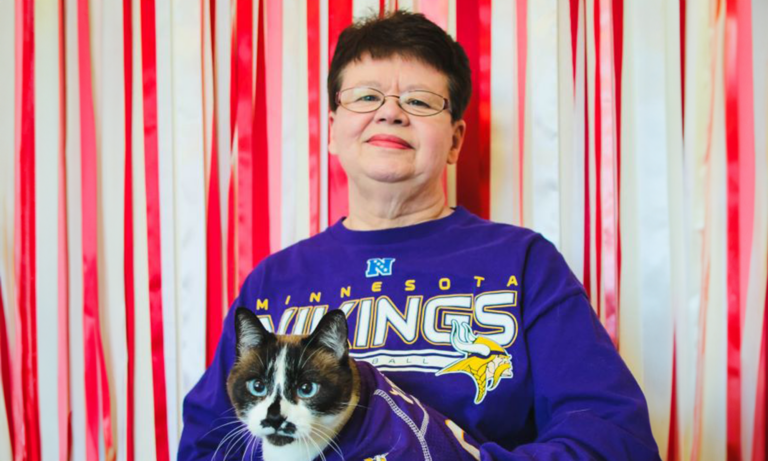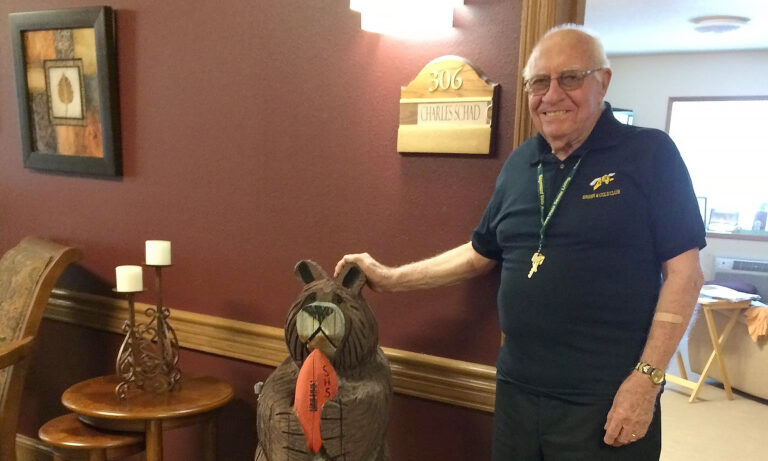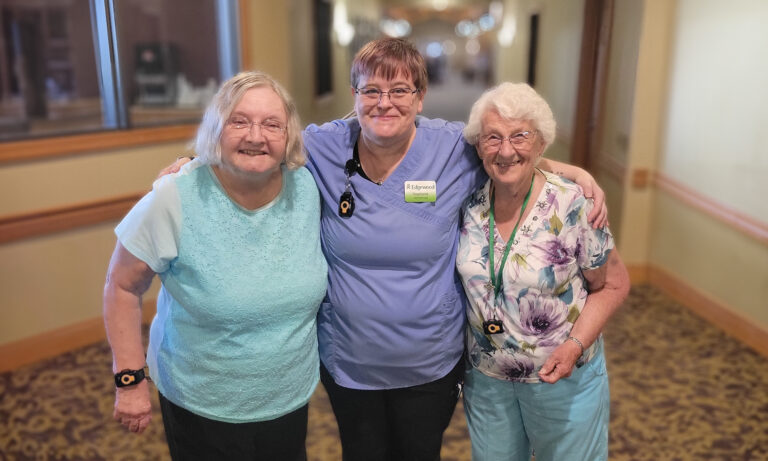
Introducing the Longest Day Blog Series
So many thoughts come to mind when you hear the words “Alzheimer’s disease.” If you’ve been recently diagnosed, or you’re supporting a loved one who has it, you already know that it’s tricky to process the myriad of feelings it brings. Terminal illnesses can send you feet-first into an emotional volcano. Sometimes, those emotions are confusing, especially grief. It can be comforting to know you’re not alone as you navigate the tumultuous journey of Alzheimer’s with your loved ones.
Grief and Alzheimer’s Disease
Maybe Alzheimer’s has just hit your go-to person, the one you’ve gone to for advice, validation, and love. You may begin to grieve the changes that will undoubtedly happen to them and the relationship. Grieving before someone passes away is called “anticipatory grief.”
Find Senior Living Near Me
The Longest Day is approaching. It’s a celebration to honor those with Alzheimer’s on the day with the most light, June 21. Through fundraising and awareness, the Alzheimer’s Association works to provide hope that there will, one day, be a cure for Alzheimer’s disease.
To observe the longest day this year, Edgewood will be releasing a five-part blog series. Based on Elisabeth Kübler-Ross’s model, there are five stages of grief: denial, anger, bargaining, depression, and acceptance. Our blogs will feature a blend of testimonies and facts to help you understand the impact grief can have on both the individuals and the families facing Alzheimer’s.
The Blog Series
1. Denial:
In the denial stages of Alzheimer’s, it’s possible to mistake the diagnosis for another illness. The person with Alzheimer’s may say that they’re fine when they’re not, minimizing the severity of their condition. Sadly, denial can prevent someone from receiving an accurate diagnosis or the type of care they need.
2. Anger:
When you can’t control what’s happening, it’s really easy to get angry. The person with Alzheimer’s will also feel this emotion, maybe not as it relates to the grief cycle, but because their communication can be impaired.
3. Bargaining:
The bargaining stage is often when guilt also moves in. You might think, “If only I do more, this will get better.” In this stage, you may keep trying to problem-solve until you’re exhausted, attempting to change what can be managed but not entirely “fixed.”
4. Depression:
In this stage, seeing your loved one change becomes too much. You may experience feelings like extreme sadness, hopelessness, and anxiety. Depression may impact the family and the person with Alzheimer’s, too. Professional counseling or medical interventions can help to manage symptoms of depression.
5. Acceptance:
In the acceptance stage, you may spend a little less time thinking of the what-ifs and trying to change what you can’t. It’s more likely that you meet your loved one where they are in this stage versus continuing to reorient them to the current time and place. It’s also possible that during the course of the illness, you may not arrive at the acceptance stage. We’re all different, and there’s no right or wrong way to move through the grief cycle.
To effectively process the emotional weight of Alzheimer’s, it’s important to be able to set aside your grief in a healthy way and take breaks. If you’re constantly running yourself ragged in front of your loved one and trying to change what can’t be changed, you may miss the opportunity to enjoy being with them. We won’t all reach acceptance immediately, and each day won’t be simple. However, with the right support, joy is still possible for you and your loved ones during this illness.
Join us on Wednesdays through June 21st for a new blog on our website, edgewoodhealthcare.com, as we share resources to help shed light on the path of Alzheimer’s disease.




